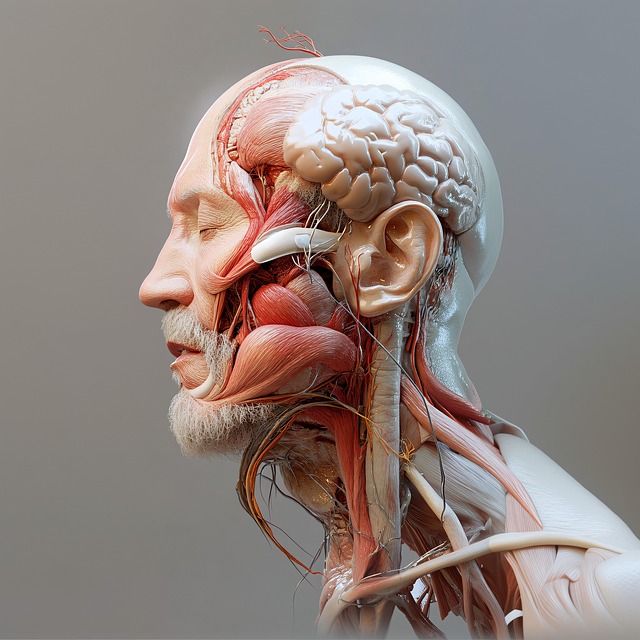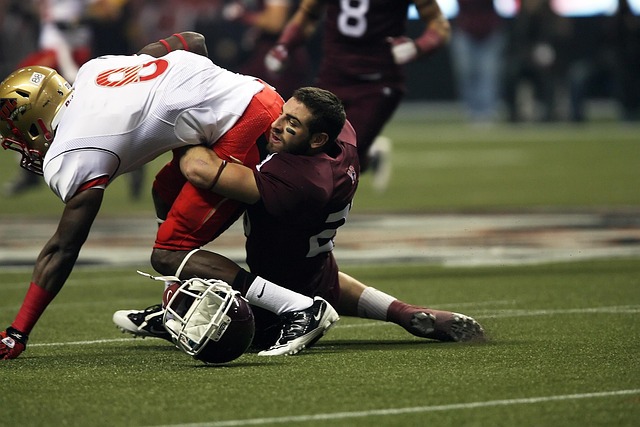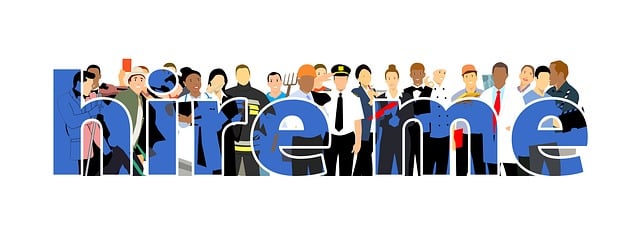Chiropractic support offers a non-invasive, effective treatment for muscle spasms caused by motor vehicle accidents (MVAs). Chiropractors diagnose and address spinal misalignments ('subluxations') through manipulation, massage, exercises, and education. This personalized care provides immediate relief, targets tension areas, and equips patients with tools to manage future symptoms, improving mobility and overall well-being.
After a Motor Vehicle Accident (MVA), chronic muscle spasms can significantly impact daily life. These spasms, often related to whiplash or soft tissue injuries, require effective management strategies. Chiropractic care offers a promising solution with its personalized approach to treatment. This article explores the understanding and management of MVA-related muscle spasms, highlighting the role of chiropractic support in providing lasting relief through tailored treatment plans.
- Understanding Motor Vehicle Accident-Related Muscle Spasms
- The Role of Chiropractic Care in Managing Spasms
- Personalized Treatment Plans for Effective Relief
Understanding Motor Vehicle Accident-Related Muscle Spasms

Muscle spasms resulting from a motor vehicle accident (MVA) can be particularly challenging to manage due to their chronic and often severe nature. These spasms, characterized by sudden, involuntary contractions of muscles or groups of muscles, are a common occurrence in the aftermath of an MVA. They can lead to significant discomfort, reduced mobility, and even long-term disability if left untreated. Chiropractic support plays a vital role in addressing these post-accidental spasms, offering a non-invasive approach to relief.
Chiropractors are trained to diagnose and treat various musculoskeletal conditions, including those arising from MVAs. They employ techniques such as spinal manipulation, massage therapy, and personalized exercise programs to target the affected muscles and alleviate spasms. Chiropractic care for MVA-related muscle spasms focuses on not just relieving symptoms but also improving overall function and range of motion. By combining manual therapies with patient education, chiropractors empower individuals to manage their condition effectively, ensuring better quality of life post-accident.
The Role of Chiropractic Care in Managing Spasms

Chiropractic care plays a significant role in managing and alleviating ongoing muscle spasms, especially those resulting from motor vehicle accidents. Chiropractors are trained to assess and diagnose spinal misalignments, known as subluxations, which can contribute to muscular tension and spasms. Through various manual adjustment techniques, such as gentle spinal manipulation, chiropractors help restore proper joint function and reduce nerve irritation. This, in turn, can significantly ease muscle spasms and promote overall healing.
Additionally, chiropractic support for motor vehicle accident-related muscle spasms often involves tailored treatment plans that incorporate other therapeutic modalities like heat or cold therapy, stretching exercises, and patient education on posture correction and injury prevention. The goal is not only to provide immediate relief but also to empower individuals with the knowledge and tools needed to manage their condition effectively over the long term.
Personalized Treatment Plans for Effective Relief

Personalized treatment plans are essential for managing and alleviating ongoing muscle spasms, especially after a motor vehicle accident. Chiropractic support plays a significant role in addressing these issues. Chiropractors can develop tailored strategies to target specific areas of tension and spasm, offering effective relief. These plans often incorporate a combination of adjustments, manual therapy, and patient education. By focusing on the individual’s unique needs, chiropractors ensure that treatment is not just symptomatic but also addresses the underlying causes.
One-on-one care ensures that each patient receives a customized approach, promoting better long-term outcomes. This personalized touch is particularly beneficial for muscle spasms related to accidents, as it considers any pre-existing conditions and the specific impact of the trauma. As a result, patients can experience significant improvements in their mobility and overall well-being.
Chiropractic care offers a personalized approach to managing and relieving motor vehicle accident-related muscle spasms, providing effective solutions beyond traditional treatments. By understanding the unique needs of each patient, chiropractors create tailored treatment plans that address the root causes of spasms, ensuring long-lasting relief. This holistic approach to wellness is transforming how we navigate recovery from accidents, emphasizing the power of natural healing processes.














